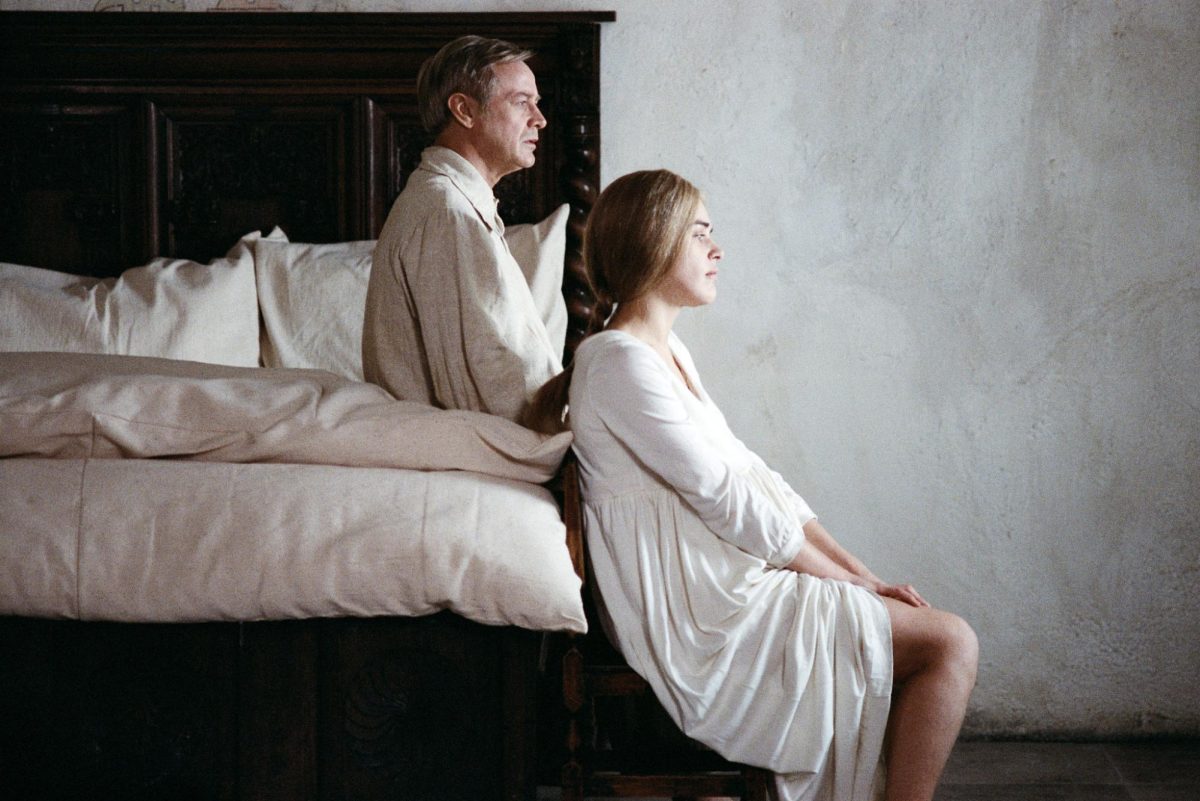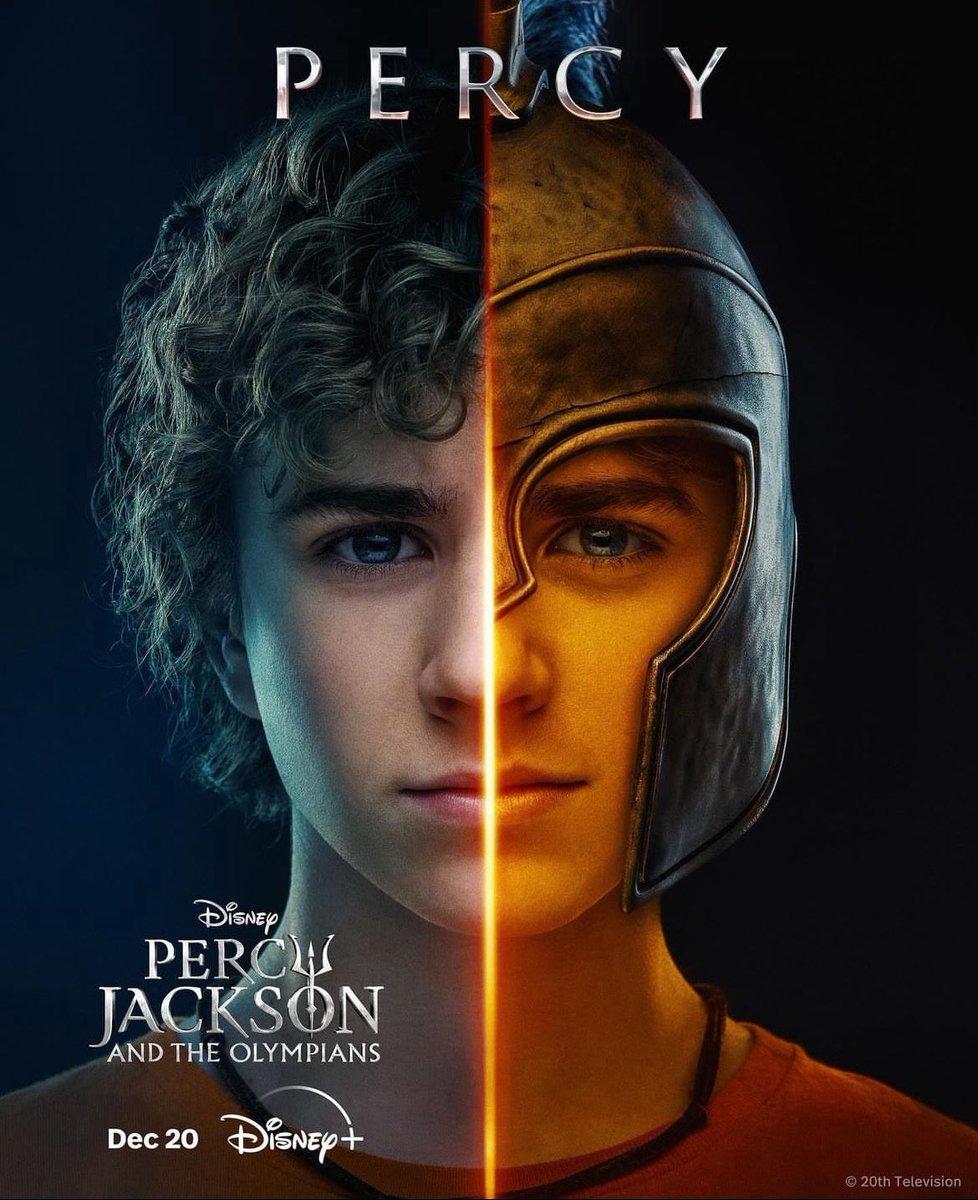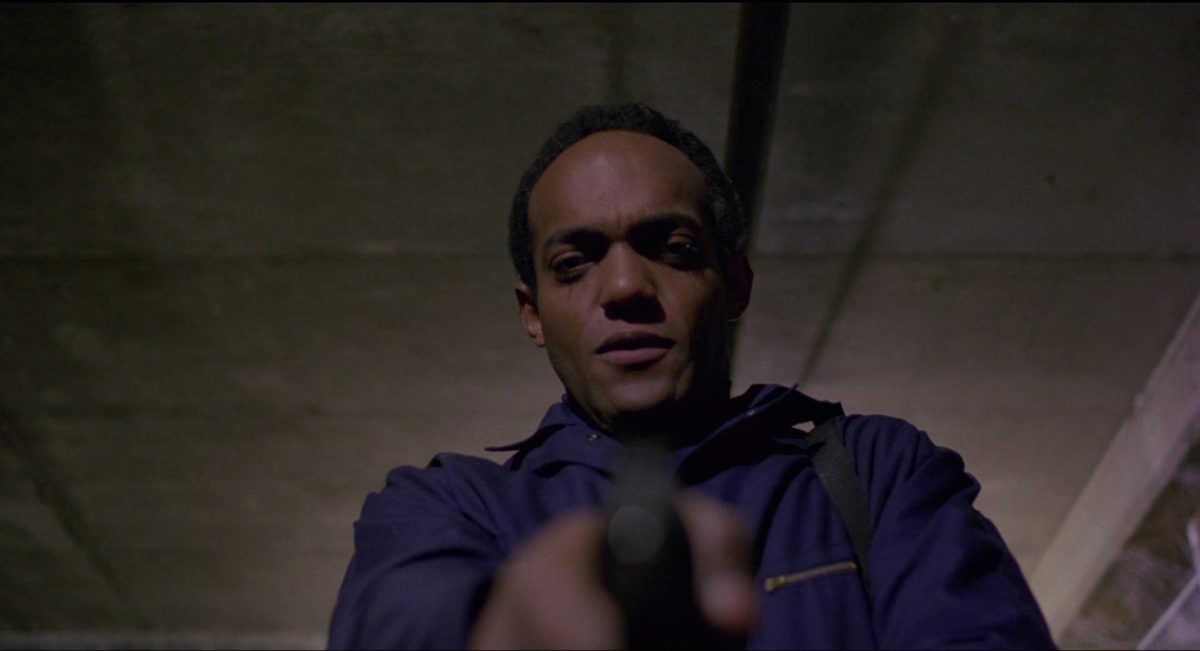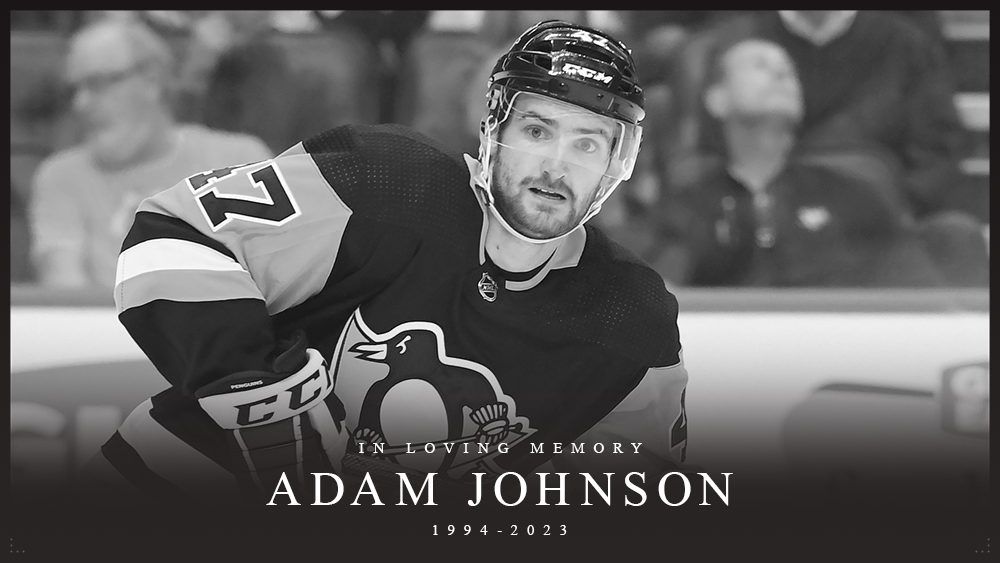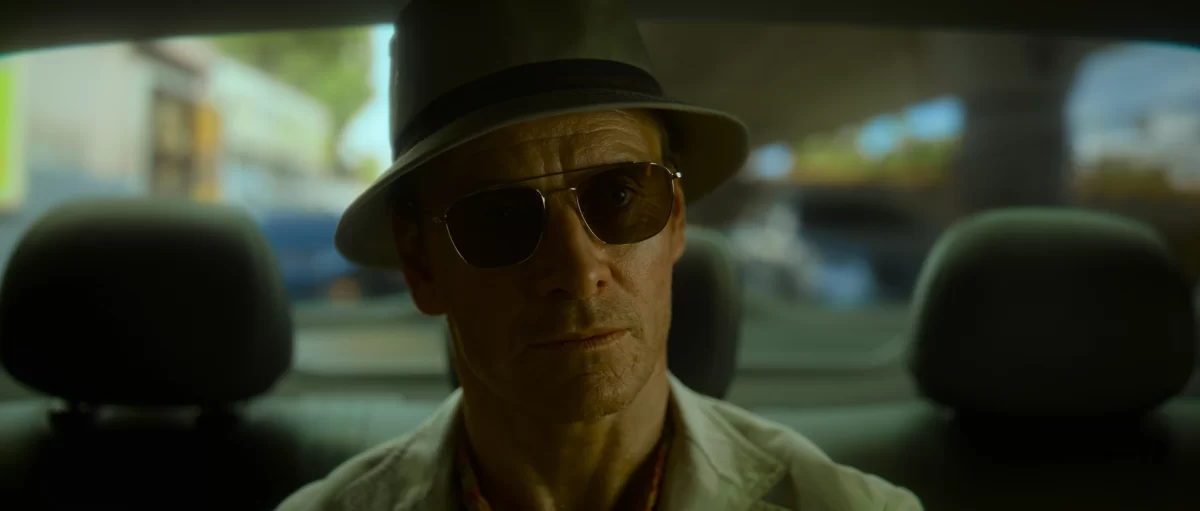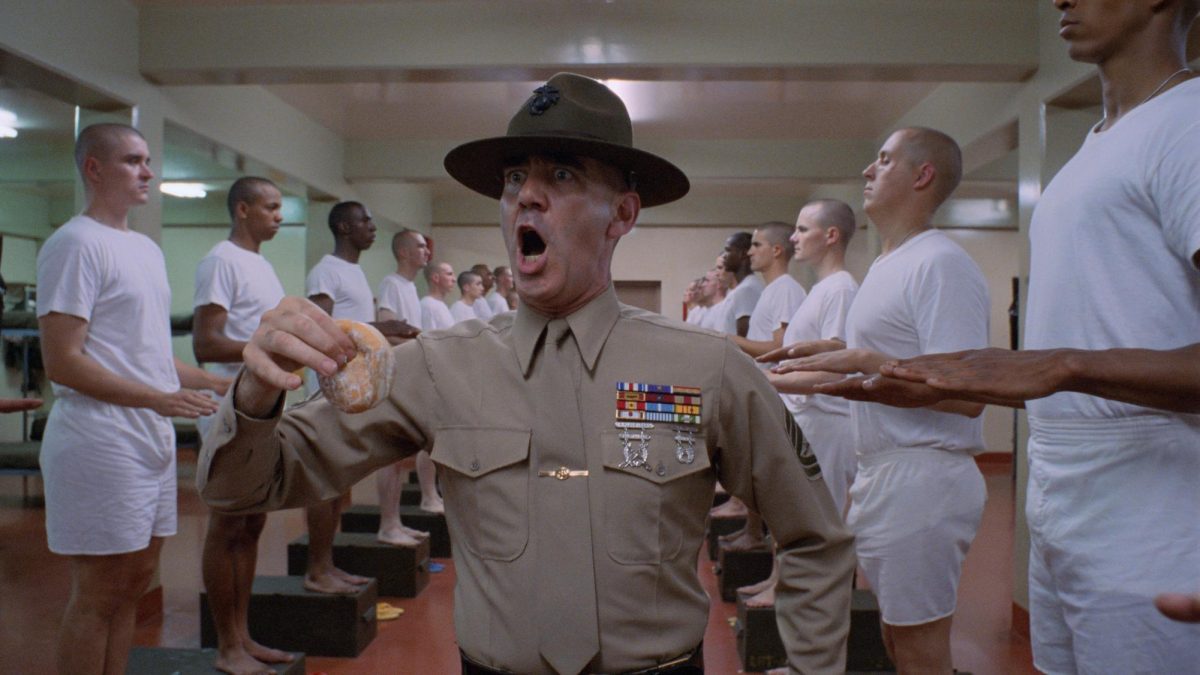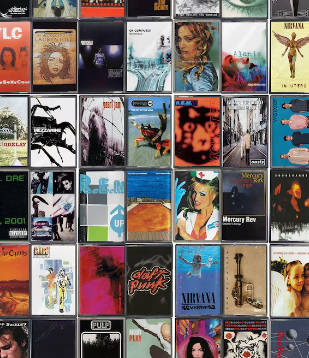The Killer is the latest film from acclaimed director David Fincher, most known for his dark psychological thrillers in the 90s, like Se7en and Fight Club. The film, which stars Michael Fassbender as a hired assassin, based on a French comic of the same name, continues a limited theatrical release while it dropped on Netflix on November 10.
The Killer is divided into six chapters. The film opens very strongly with a rapid opening credits sequence followed by a methodical, almost hypnotic 30-minute opening chapter which would work on its own as a contained short film. It sees the titular Killer staking out a hotel room from across the street with a sniper rifle. The first line of the film is a voiceover stating “If you are unable to endure boredom, this work is not for you” before describing the precise routine he goes through for every hit, with an undeniable cynicism and emotionlessness to his delivery.
The Killer listens to music, does yoga, sleeps, calls his handler, and assembles and disassembles his weapon, all with pin-point precision — a precision which Fincher mirrors in the filmmaking and pace. However, after all of that preparation, the killer misses the hit. What follows is a tense and exciting action sequence that sees him escaping the area, carefully avoiding detection while stripping himself of all of the incriminating equipment along the way, before getting a new name and moving. It’s thrilling, insightful, funny, and dramatic.
However, the film continues after that with five remaining chapters, all of which retread those same beats without evolving or developing in any meaningful ways. Each of these chapters plays out with largely the same formula repeated each time: The Killer travels somewhere, sneaks around, attempts to perform a hit, complications ensue, and he gets a new identity; rinse and repeat. In fact, he repeats the same line each time at the same respective moment.
The Killer treads the line between bold auteurism and endurance tests, never leaving the threshold of adventure into the unknown world, both in terms of story and style.
It’s also worth mentioning that the botched assassination attempt is what kicks off the movie’s limp plot, which reveals itself to be nothing more than a simple revenge story. The film then trudges through nearly an hour and 40 minutes to reach its foregone conclusion, making the film an unfortunately predictable slog.
One of Fincher’s biggest inspirations seems to be the 1967 Franco-Italian masterpiece Le Samouraï, which The Killer borders on being an unofficial remake of. However, the big difference between the two is that Le Samouraï uses actions to convey character, whereas The Killer comfortably exists in a never-ending stream of words.
Fassbender’s character has a near-constant internal monologue which is pointless at best and exhausting at worst. This is where much of the film’s comedy comes from, which feels witless and dated, only modernized by the excessive name-dropping of 21st-century paraphernalia.
Each of the chapters breaks their monologuing to have a “boss fight”, which are the best moments of the film by a wide margin. The best sequence in the film comes in the fourth chapter, the only time the lead character is in any peril. This feels like the R-rated equivalent of an Indiana Jones fight sequence with ”The Heavy”, a chaotic but precisely filmed slugfest between assassins. This is the only time The Killer feels like a Fincher-directed film and is worth the price of admission alone. Likewise, the third chapter has a pretty fun, if not schlocky sequence between The Killer’s handler and his assistant.
The fifth chapter has a great cameo appearance by Tilda Swinton, whose delivery of a darkly twisted tale about a hunter and bear stands out in what is otherwise another talky, indulgent sequence.
The Killer is a very straightforward story, told without Fincher’s usual directorial flair. It’s got a lot of peaks and valleys quality-wise, and while it is an undeniable step up from most of the crime content on Netflix, it is a disappointingly disposable outing from the master of crime dramas. The first line of the film “If you are unable to endure boredom, this work is not for you” may be correct, but just not for the reason Fincher intended.
6/10 Pomegranate Seeds






